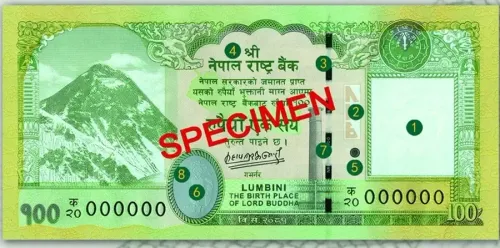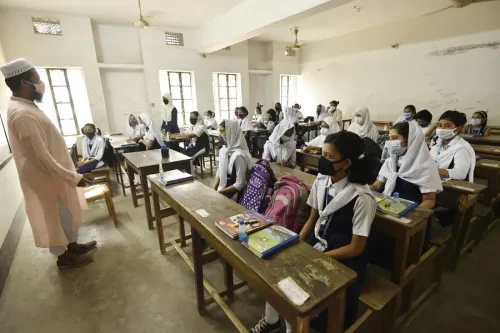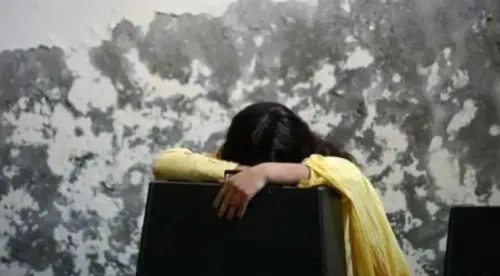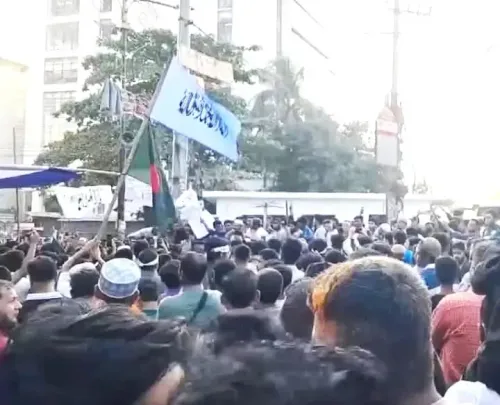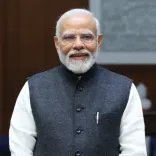Kremlin Spokesman Avoids Comment on Trump-Putin Conversation
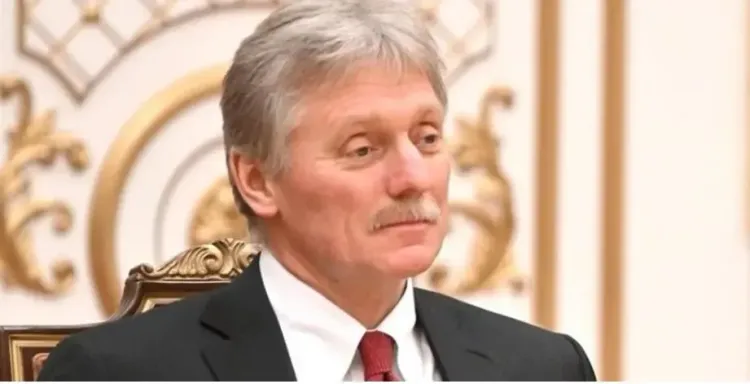
Synopsis
Key Takeaways
- Kremlin spokesman Peskov's statement on Trump-Putin talks.
- Trump's commitment to ending the Ukraine conflict.
- Ongoing war in Ukraine since 2014 with significant casualties.
- Putin's conditions for peace involving NATO and territorial claims.
- Trump's intention to meet with Zelensky to discuss peace.
Moscow, Feb 9 (NationPress) Kremlin Spokesman Dmitry Peskov stated on Sunday that he could “neither confirm nor deny” reports of a conversation between Russian President Vladimir Putin and US President Donald Trump concerning Ukraine, according to media sources.
“As the administration in Washington unfolds its work, there are many different communications. And these communications are carried out through various channels,” TASS news agency reported Peskov as saying.
“Given the multiplicity of these communications, I may not be aware of everything. Therefore, in this case, I can neither confirm nor deny it,” he added.
The New York Post previously reported that Trump mentioned he had discussed the resolution of the Ukraine conflict with Putin over the phone, as noted by Xinhua news agency.
Trump, who has vowed to end the war in Ukraine but has not publicly outlined how, remarked last week that the conflict was a bloodbath and that his team had engaged in “some very good talks.”
In an interview aboard Air Force One on Friday, Trump conveyed to the New York Post that he had “better not say,” when questioned about how many times he and Putin had spoken.
“He (Putin) wants to see people stop dying,” Trump told the New York Post.
The White House did not respond to a request for comment outside of normal business hours.
The conflict in eastern Ukraine commenced in 2014 following the ousting of a pro-Russian President during Ukraine's Maidan Revolution and Russia's annexation of Crimea, with Russian-backed separatist forces clashing with Ukraine's armed forces.
In 2022, Putin deployed thousands of troops into Ukraine, characterizing it as a “special military operation” aimed at protecting Russian speakers in Ukraine and addressing what he claimed was a serious threat to Russia from potential Ukrainian NATO membership.
Ukraine and its Western allies, led by the US, have described the invasion as an imperial-style land grab and have pledged to defeat Russian forces.
Moscow currently controls a territory in Ukraine roughly equivalent to the size of Virginia and is advancing at its fastest pace since the early days of the 2022 invasion.
Trump, author of the 1987 book “Trump: the Art of the Deal,” has consistently expressed his desire to end the war and intends to meet with Putin to discuss it, although the timing and location of such a summit remain undisclosed.
On June 14, Putin outlined his preliminary conditions for an immediate cessation of the war: Ukraine must abandon its NATO aspirations and withdraw its troops from the entirety of four Ukrainian regions claimed and predominantly controlled by Russia.
Reports in November indicated that Putin is open to discussing a peace agreement regarding Ukraine with Trump but rules out any significant territorial concessions, insisting that Kyiv must relinquish its NATO ambitions.
The Kremlin has repeatedly advised caution regarding speculation about contacts with the Trump team concerning a potential peace agreement.
Putin last communicated with former US President Joe Biden in February 2022, shortly before he ordered thousands of troops into Ukraine. The two leaders spoke for approximately an hour, according to the Kremlin.
On Friday, Trump indicated he might meet with Ukrainian President Volodymyr Zelensky next week to talk about ending the war.
Trump told the New York Post that he has “always had a good relationship with Putin” and that he possesses a solid plan to conclude the war. However, he refrained from sharing further specifics.
“I hope it’s fast,” Trump remarked.
“Every day people are dying. This war is so bad in Ukraine. I want to end this damn thing.”

